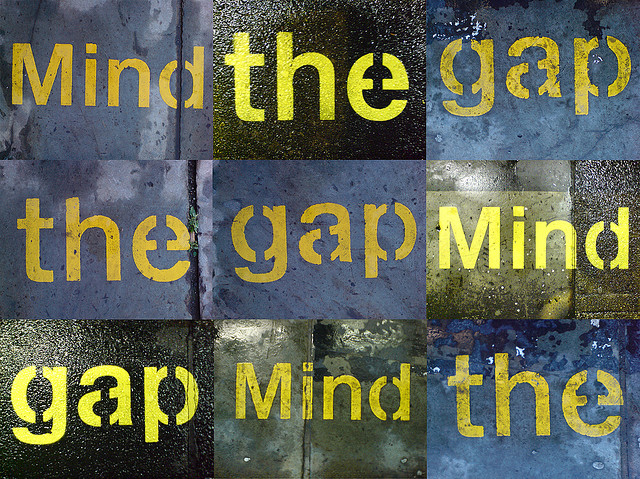 A recent article in the New York Times focused on achievement gaps caused by socio economic differences instead of racial differences between students in America. These achievement gaps begin to show up early – cognitive differences start to appear in children from the top and bottom socio economic sectors in America before kindergarten and only increase as they progress through school. Furthermore, the achievement gap between high and low income students has increased. Since 1970, the achievement gap on standardized test of reading has increased by almost 40% between the 10th and 90th percentile household income .
A recent article in the New York Times focused on achievement gaps caused by socio economic differences instead of racial differences between students in America. These achievement gaps begin to show up early – cognitive differences start to appear in children from the top and bottom socio economic sectors in America before kindergarten and only increase as they progress through school. Furthermore, the achievement gap between high and low income students has increased. Since 1970, the achievement gap on standardized test of reading has increased by almost 40% between the 10th and 90th percentile household income .
What this means is that there is limited upward mobility in America – more limited than in most first world countries. A child born to parents with income in the lowest bracket is ten times more likely to end up in that same lower bracket than they are to rise to the highest bracket as an adult (43 percent versus 4 percent). And, a child born to parents in the highest income bracket is five times more likely to stay there than end up there than the lowest (40 percent versus 8 percent). These results run counter to the historic vision of the United States as a land of equal opportunity.
The good news is that a college degree can make a big difference. Without a college degree a child born into a family in the lowest income bracket has a 45 percent chance of staying there forever and only a 5 percent chance of moving up into the top bracket. Children born into the lowest income bracket who do earn a college degree have only a 16 percent chance of staying there and a 19 percent chance of moving up into the top bracket.
Upward mobility means more than just money. Parents in higher socioeconomic brackets invest not only more money in their children, but more time as well. On average, mothers with a college degree spend 4.5 more hours each week engaging with their children than mothers with only a high school diploma or less. This means that, among other things, by age three, children of parents who are professionals have vocabularies that are 50 percent larger than those of children from working-class families, and 100 percent larger than those of children whose families receive welfare, disparities that some researchers ascribe to differences in how much parents engage and speak with their children. By the time they are three, children born to parents who are professionals have heard about 30 million more words than children born to parents who receive welfare. Additional language skills put child at a distinct advantage when they start school and will probably follow them throughout their educational career.
All of this information makes getting a college degree even more important for all students – especially disadvantaged students. It’s the best investment they can make with a higher return than any other way to invest the cost of a college education. It doesn’t just mean more money, it can mean changing the path taken in life. If you’re in high school now, do the best you can and do everything you can to get a college degree. If you are in college, stay there until you’re finished. Getting that degree can be a life changing experience for you and for all the stakeholders in your life.